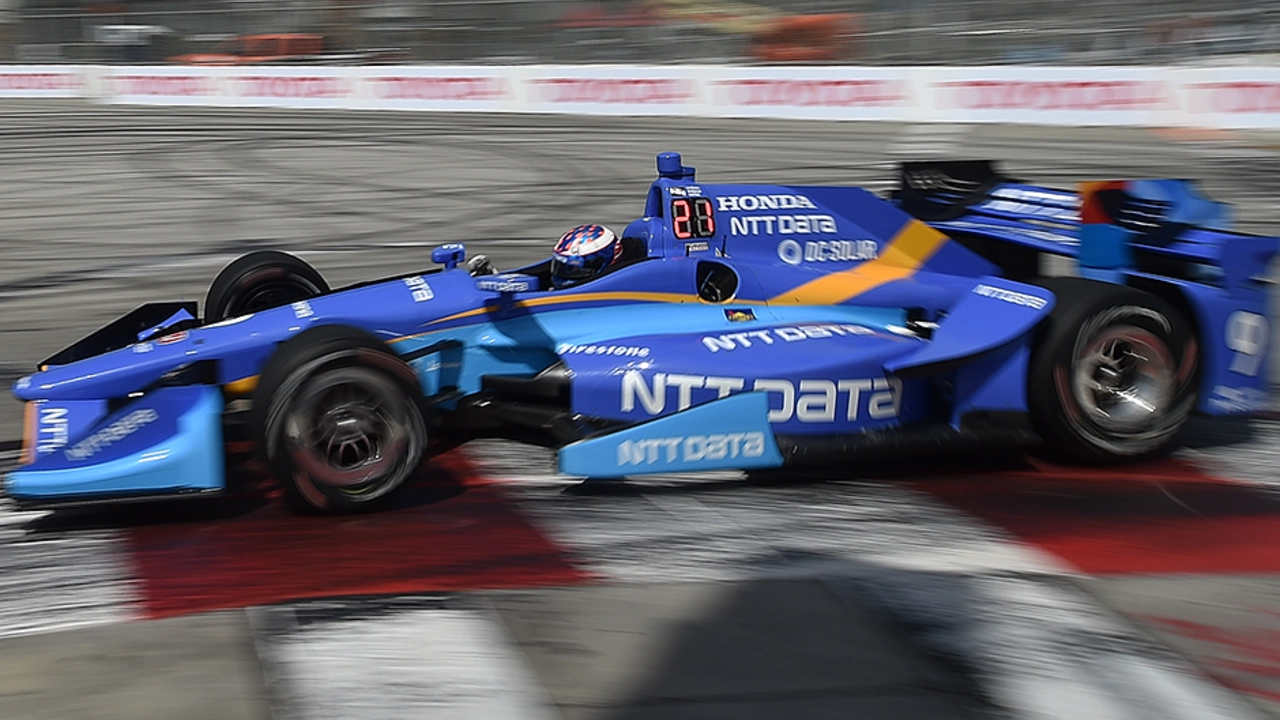
Understanding the Basics: What is Indycar?
Before we delve into the details of the type of fuel used in Indycar, it is important to understand what Indycar is all about. Indycar, short for the Indy Racing League, is a premier open-wheel racing series in North America. It's famous for the Indianapolis 500 race, among others, which is one of the most prestigious motor races in the world. The vehicles used in these races are extremely high-powered and require a very specific type of fuel to perform at their best.
Indycar Fuel: A Brief Overview
The fuel used in Indycar racing is quite different from the gasoline you pump into your everyday vehicle. Indycar, like many other professional racing leagues, uses a specialized type of fuel designed for high performance. This fuel is a blend of ethanol, a type of alcohol produced from plant material like corn or sugar cane. Ethanol is known for its high octane rating, which means it can withstand higher compression before igniting, making it ideal for high-performance engines.
Unleaded vs Leaded Fuel: The Difference
Now, let's delve into the difference between leaded and unleaded fuel. Historically, lead was added to gasoline to increase its octane rating and to reduce engine knocking. However, lead is a toxic substance and its use in gasoline has been largely phased out due to environmental and health concerns. Unleaded gasoline, as the name implies, does not contain lead. Instead, other compounds are used to increase the octane rating and prevent engine knocking.
So, is Indycar Fuel Leaded?
The simple answer to this question is no, Indycar fuel is not leaded. As mentioned earlier, the use of leaded gasoline has been largely phased out due to environmental and health concerns. Since 2006, the Indy Racing League has been using 100% fuel-grade ethanol, which is unleaded. The switch to ethanol was part of an effort to reduce the environmental impact of the sport and to demonstrate the viability of alternative fuels.
Why Ethanol is the Preferred Fuel for Indycar
Ethanol is a renewable fuel, and using it in place of gasoline can reduce greenhouse gas emissions. Furthermore, ethanol has a higher octane rating than most types of gasoline, which means it can withstand higher compression before igniting. This makes it an ideal fuel for the high-performance engines used in Indycar racing. Also, because ethanol is produced from plant material, it is considered a renewable resource, which aligns with the growing trend of environmental sustainability in many industries, including motorsports.
In conclusion, Indycar does not use leaded fuel. Instead, it uses a high-octane, environmentally friendly alternative: ethanol. The move to ethanol has not only reduced the environmental impact of this high-speed sport but also showcased the potential of renewable fuels in high-performance applications.